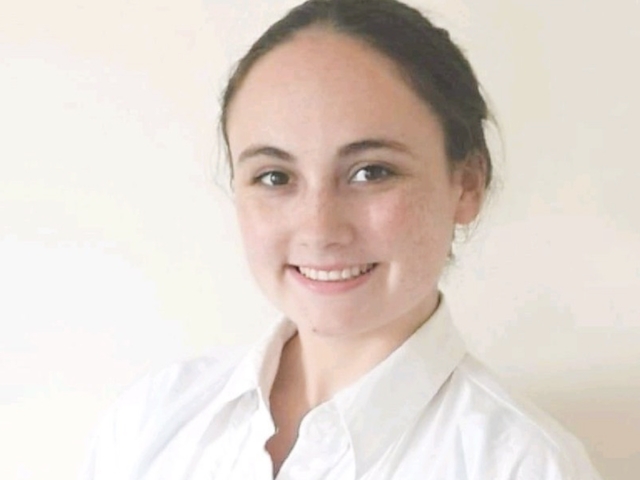Four out of five adults believe that financial education should be taught in schools but only around one in eight parents said that their child has received it, according to a new study.
The research was commissioned by wealth manager and Financial Planner Quilter to coincide with Talk Money Week.
Talk Money Week is an annual event which aims to get more people talking about their finances in a bid to improve money management across the UK.
Of those parents who responded to the survey, 88% said that financial education should be taught in schools but only 12% said that their child has received financial education at school.
A third did not think that their child had received financial education and did not expect them to in the future.
Some 28% said they did not know while 19% said that their child had not received financial education yet but did expect them to do so in the future.
When people were asked at what stage in school financial education should start, 37% said it should be taught in primary school and 51% said secondary school was the best time to start.
Just 4% thought it should start in sixth form or college with only 2% believing financial education should start at university.
Katja Oakley-Bell, Financial Planning expert at Quilter, said: “The pandemic and subsequent cost of living crisis has really shone a spotlight on why financial education is so key.”
She said that sensible budgeting and planning would have left people better equipped to deal with both a potential growth in savings during lockdown to then a stretched budget in this higher interest rate environment.
She said: “While financial education cannot fix these macroeconomic issues it can play a role in helping people make the right decisions that improve their financial outcomes.”
Quilter believes talking about money needs to start from a young age and financial education should be included as part of the primary school curriculum.
Ms Oakley-Bell said: “Financial education remains worryingly absent from the school curriculum. Being financially successful is something we hope everyone can achieve so it makes sense to give children the tools and education to accomplish it.”
Leon Ward, chief executive of financial education charity MyBnk said: “These findings back up MyBnk’s research which found that two out of five of young adults are not financially literate and the majority do not remember learning about money in school.”
He said that research shows that adult money habits start to form from as young as seven years old, such as delaying spending gratification and planning.
He added: “Curriculum requirements are key, but MyBnk believes that financial education shouldn’t be confined to school settings. There is an important role for families, friends, charities and employers in building the financial capability of the next generation.”
• The research was carried out by YouGov Plc. Total sample size was 2,249 adults. Fieldwork was undertaken between 31 October - 1 November. The survey was carried out online. The figures have been weighted and are representative of all UK adults (aged 18+).

